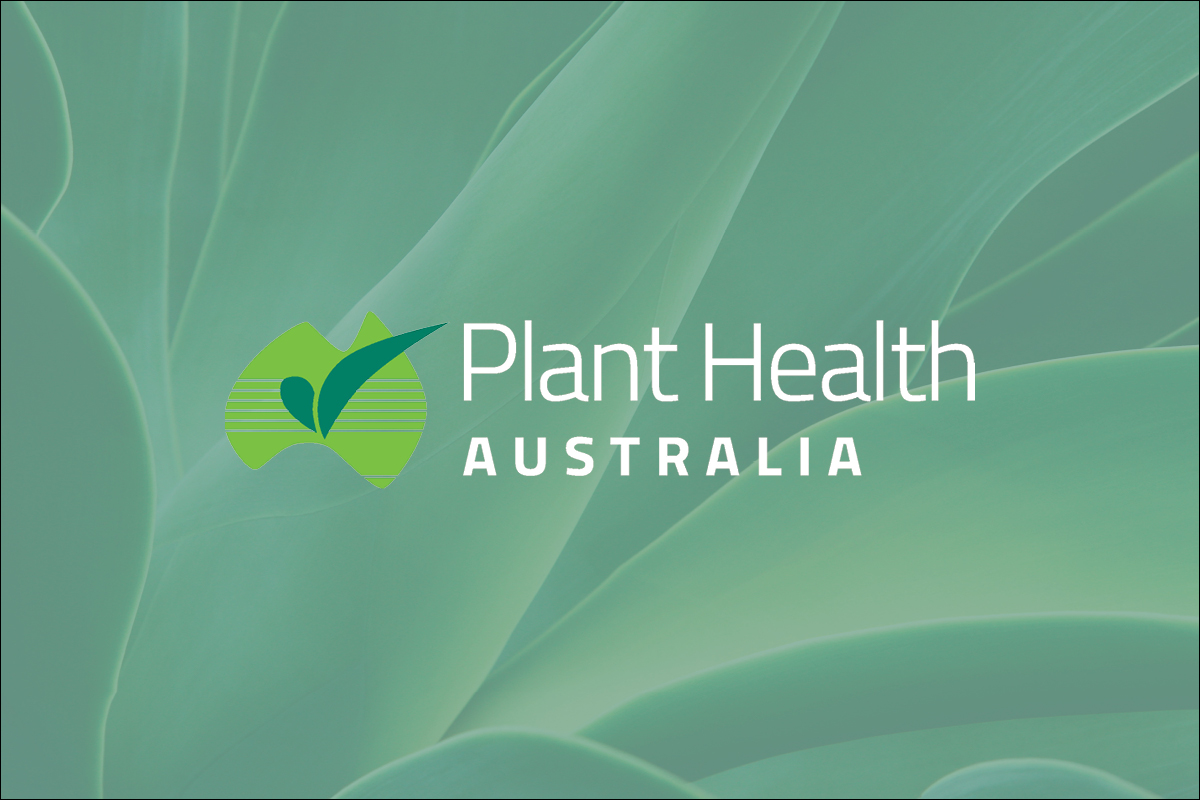Message from the CEO
As we conclude the first quarter of 2025, I am thrilled to share important updates and initiatives that are guiding our path forward.
Our recent Board Meeting 118, held in Launceston, Tasmania, was both productive and insightful, setting a strong course for PHA’s future initiatives. Key discussions focussed on the Emergency Plant Pest Response Deed (EPPRD), a review of the annual report on the National Diagnostic System and an update of the biosecurity planning capability index. The Board and Executive team also had the pleasure of engaging with the dedicated team at Biosecurity Tasmania. We also visited Squibs Orchard in Spreyton to observe the seasonal production of apples, pears, and quinces, and toured Costa’s East Devonport Berry Distribution Centre to better understand their operations and biosecurity protocols.
Thank you to our Members who joined our Annual Operational Plan (AOP) webinar on Thursday, 27 March 2025. The AOP outlines the forecasted work for the new financial year, designed to deliver tangible value to our Members. For those who were unable to attend, we invite you to view the webinar recording and provide feedback on the draft AOP by Friday, 18 April 2025.
In addition, our 2024–25 Mid-Year Performance Report which provides an update on our progress under the current AOP, is now available on our website.
Finally, our bi-annual Member Survey conducted by Kynetec is underway. I encourage you to provide feedback to help us evaluate our performance, programs, communications, and alignment with our five-year Strategic Plan by Wednesday, 9 April 2025.
The recent floods in Queensland (QLD), brought on by Tropical Cyclone Alfred, have introduced a new set of challenges for both communities and agricultural producers in the affected regions. Among those hardest hit are plant industries and growers, with many farms left vulnerable to extensive water damage, crop losses, soil erosion, and heightened biosecurity risks. The Queensland Rural and Industry Development Authority (QRIDA) has activated support for flood-affected producers to assist in the recovery process. For growers, the risk of pests, diseases, and invasive weeds spreading via floodwaters is a significant concern, potentially threatening future planting cycles and long-term crop viability. Implementing effective biosecurity measures during flood recovery is critical to protect crops, maintain industry resilience, and prevent lasting damage to QLD’s agricultural sector.
New pest detections across several states highlight the importance of ongoing vigilance. In New South Wales (NSW), Brown marmorated stinkbug (BMSB) has been found in Wetherill Park and Banksmeadow, prompting additional surveillance and treatment by the state government. In Queensland’s Lockyer Valley, Varroa mite has been detected in a recreational beekeeper’s hives for the first time, with Biosecurity Queensland focusing on resilience measures. Meanwhile, Victoria continues to manage a Tomato brown rugose fruit virus (ToBRFV) detection at a tomato glasshouse earlier this year. These incidents serve as a timely reminder to report any suspected exotic pests or diseases immediately to the Exotic Plant Pest Hotline at 1800 084 881, connecting you with your local biosecurity agency.
It is also important to acknowledge the significant impact the current avian influenza outbreak in Victoria is having on the broader biosecurity operating environment. Animal disease responses place considerable strain on available resources and stakeholder capacity, creating additional challenges for plant industries and those with mixed farming operations. These pressures have a compounding effect, highlighting the urgent need to support concurrent and coordinated biosecurity responses across both animal and plant sectors.
In other news, we are excited about the Australian Government’s $6.4 million grant to continue collaborative biosecurity research. The University of Melbourne will host the Centre of Excellence for Biosecurity Risk Analysis (CEBRA) program over the next three years, as it works to increase our defences against increasing biosecurity threats.
I’m honoured to have received the 2025 Office of the Inspector-General of Emergency Management (IGEM) International Women’s Day Award for Excellence in Disaster Management. I’m truly humbled by the nomination and would like to extend my congratulations to all the outstanding recipients and nominees who continue to make a meaningful impact in the field of emergency management through their dedication and service.
Looking ahead, PHA is excited to participate as a Silver Sponsor in the Northern Australia Food Futures Conference, taking place in Darwin, Northern Territory, from 8–9 April. I will be presenting on Strengthening Plant Health: Plant Health Australia’s Partnerships protecting Northern Australia on Wednesday, 9 April from 9:55 am – 10:25 am. I invite you to also visit our booth and connect with the team.
This April, we’re proud to be celebrating 25 years of PHA leading change and strengthening Australia’s biosecurity system for a more resilient future. We look forward to marking this incredible milestone with you.
Regards
Sarah Corcoran





